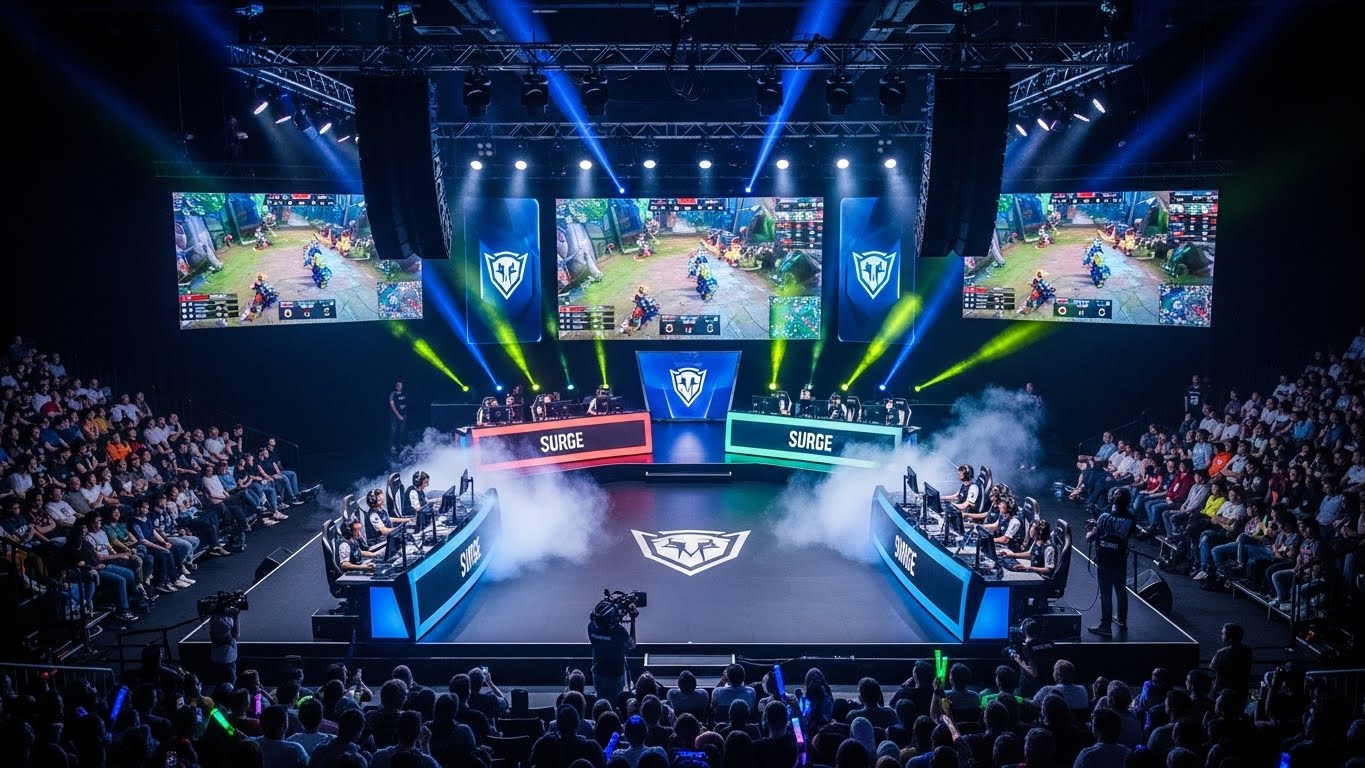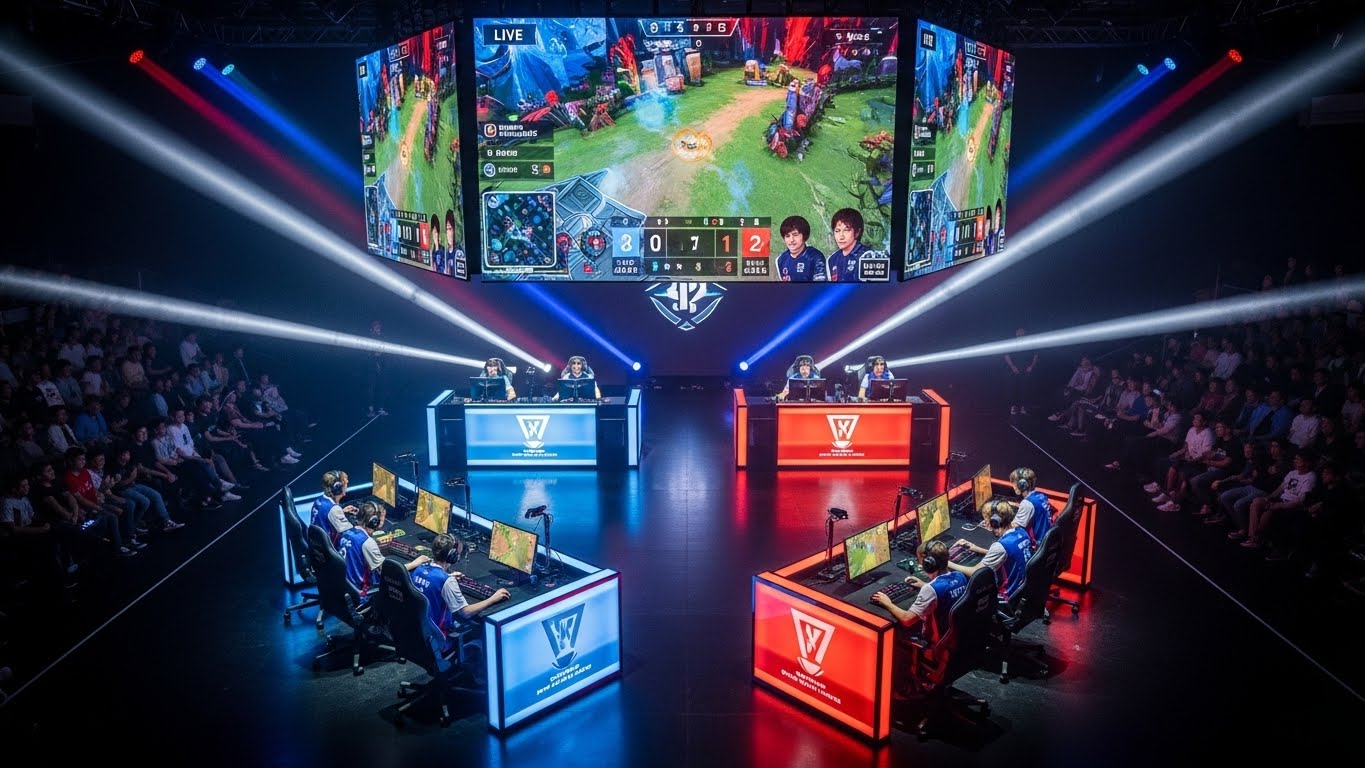Introduction
Esports has transformed the world of gaming into a global competitive arena. Once considered a casual pastime, it has evolved into a professional industry that attracts millions of players and fans worldwide. Esports combines skill, strategy, and teamwork, offering thrilling experiences that rival traditional sports in excitement and engagement.
The Evolution of Esports
Esports began with small local tournaments and online multiplayer competitions. As gaming technology advanced, competitive gaming expanded into large-scale international events. Today, esports includes a wide variety of games, from first-person shooters and strategy games to sports simulations, each with its own leagues, tournaments, and fan communities.
The Thrill of Competitive Play
At its core, esports is about competition. Players train rigorously to improve reflexes, develop strategies, and work effectively with teammates. Matches require quick decision-making, precision, and mental stamina. The excitement of live tournaments and high-stakes games keeps players and audiences engaged, making esports an adrenaline-fueled form of entertainment.
Esports as a Profession
Professional esports players now enjoy recognition similar to athletes in traditional sports. Many earn incomes through tournaments, sponsorships, and streaming platforms. The industry also includes careers for coaches, analysts, commentators, and event organizers. Esports has transformed gaming from a hobby into a viable and rewarding career path.
Building a Global Community
Esports connects people across the globe. Online tournaments and live events allow fans to interact, cheer for their favorite teams, and participate in a shared experience. The esports community is diverse and inclusive, creating friendships and fostering collaboration that transcends geographical and cultural boundaries.
Technology Powering Esports
Technology is at the heart of esports. High-performance gaming equipment, reliable internet, and live streaming platforms make competitive play and audience engagement possible. Analytics and performance tools help players refine their skills, while virtual and augmented reality are opening new possibilities for immersive gameplay experiences.
The Future of Esports
Esports continues to evolve rapidly. With innovations in cloud gaming, AI, and immersive technologies, the industry is becoming more accessible and interactive. Esports is expected to grow further as a mainstream form of entertainment, education, and social interaction, blending gaming with professional competition on an unprecedented scale.
Conclusion
Esports is no longer just a form of entertainment—it is a global movement. It challenges players, entertains millions, and builds communities while offering professional opportunities. As the industry grows and technology advances, esports will continue to redefine competitive gaming, shaping the future of digital entertainment for generations to come.




